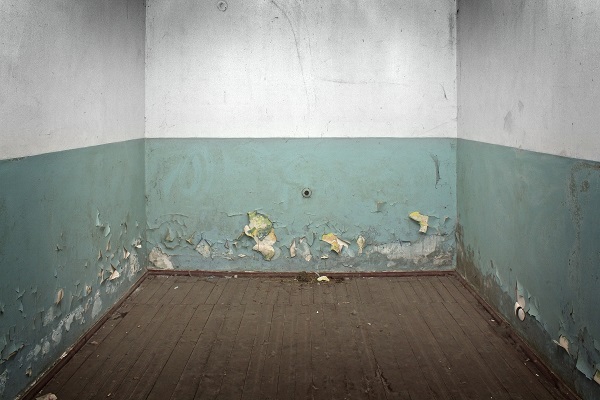
When you first started out in the landlord business, the idea—and the entrepreneurial dream—were simple enough. You probably thought, well, I have this piece of real estate I’m not living in, so I’ll rent it out and cover the mortgage. Or you may have even bought several homes with the intent of renting them all out—and perhaps even buying more. Once everything was ready to go, you probably took out an advertisement or two for renters, outlined rent and security deposit amounts, all the typical rules regarding issues like smoking and pets, and then armed yourself with blank leases ready for signatures soon.
Sometimes the transition as a new renter moves in is seamless; in fact, you may rarely hear from them except when the rent is due. Other times, the experience is rocky from the beginning. There may be issues or misunderstandings with the finances, the tenants may be grumbling, high maintenance, and unhappy from the start, they may not be following the provisions of the lease they signed, and you may be finding yourself called out constantly to fix things—or worse, calling others to fix things and watching profits from your new venture go straight down the drain.
It is hard to find the perfect tenant, and many of the inconveniences and hardships in being a landlord should just be chalked up to the price of doing business; however, when you have a tenant who causes serious property damage to one of your rentals, swift action must be taken—and your first move should be to consult with an attorney experienced in landlord/tenant law.
In California, you would usually be expected to wind your way up to the eviction by working with your attorney to have the appropriate notices posted and then filing an eviction lawsuit. If a tenant is late on rent, or perhaps needs to take care of an issue with a pet or something violating the lease, then respectively you would serve them either a Three-Day Notice to Pay Rent or a Three-Day Notice to Cure. If the tenant has created an enormous mess at the residence, however, causing significant damage to the property, you should be able to skip the lawsuit process altogether and serve them with or post a Three-Day Unconditional Quit Notice on the premises. This means they are to leave within three days, and if they do not follow the orders of the notice then you will of course have every right to follow through with a lawsuit.
If you have questions about a legal issue regarding real estate, please call Shane Coons now at 949-333-0900 or email us at Shane.Coons@seclawoffices.com. We will be glad to meet with you to review your case and explain your legal options. Our office is here to help!
